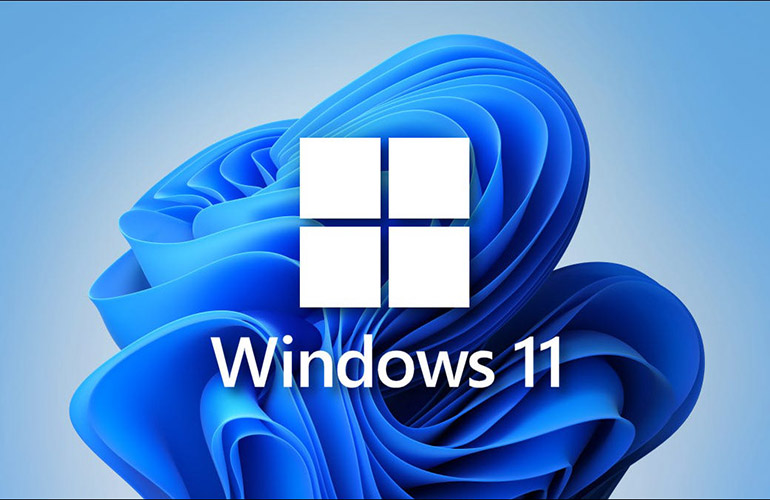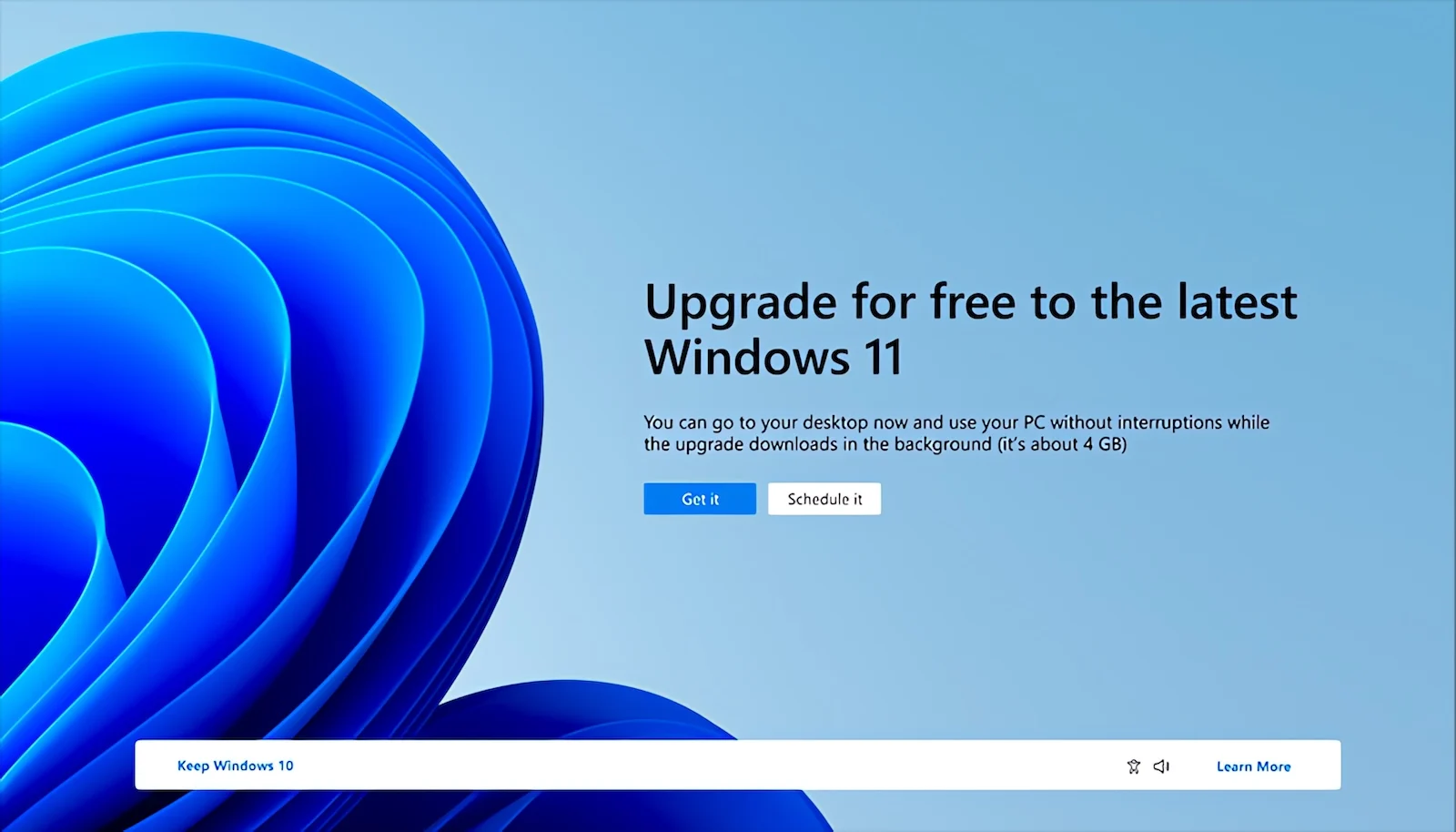Microsoft continues to enhance its flagship operating system, Windows 11, with regular updates and new features. Since its initial launch in October 2021, Windows 11 has undergone multiple refinements to improve performance, security, and usability. The most recent update, Windows 11 version 24H2, introduces a host of improvements, ensuring users receive the best possible computing experience.
This article provides an in-depth overview of the latest Windows version, its recent updates, security enhancements, and expected future developments. Whether you're a casual user, an IT professional, or a business owner, understanding these updates will help you optimize your system for better performance and security.

Windows 11: The Current Landscape
Latest Version: Windows 11 Version 24H2
The latest Windows 11 update, version 24H2, builds upon previous versions with enhanced features and improved stability. This update, released in early 2025, aims to provide a more seamless user experience.
Key Features of Windows 11 Version 24H2
-
Enhanced Taskbar Previews: The new update improves taskbar previews, making it easier for users to manage multiple open applications.
-
Windows Studio Effects Icon: A dedicated icon in the system tray allows users to access Windows Studio Effects quickly, providing an intuitive way to customize audio and video settings.
-
AI-Powered Enhancements: Microsoft has integrated AI-driven features into search, task automation, and system recommendations to enhance productivity.
-
Security Enhancements: New security protocols and encryption methods offer improved protection against cyber threats.
-
Better Multi-Monitor Support: Enhanced multi-monitor handling makes it easier for users to navigate and organize multiple screens efficiently.
Comparison of Windows 11 Versions
|
Feature |
Windows 11 23H2 |
Windows 11 24H2 |
|---|---|---|
|
AI Features |
Limited |
Enhanced AI-driven search, automation |
|
Taskbar Previews |
Standard |
Improved responsiveness |
|
Security |
Regular Updates |
Advanced security protocols |
|
Multi-Monitor Support |
Basic |
Optimized window management |
February 2025 Updates: What's New?
Cumulative Update KB5051987
Released on February 11, 2025, the KB5051987 update brings multiple improvements, including security fixes and performance optimizations. This update is part of Microsoft’s ongoing effort to enhance user experience and protect systems against vulnerabilities.
Notable Improvements
-
Hyper-V Backup Performance: Resolved performance issues related to Hyper-V backups, ensuring smoother and faster system restores.
-
Windows Search Optimization: AI-driven search refinements provide quicker and more relevant results.
-
Security Fixes: Addressed multiple vulnerabilities, reducing risks associated with unauthorized access and system breaches.
Known Issues and Resolutions
Windows 11 users may encounter various known issues, including compatibility problems with older hardware, driver conflicts, and occasional system crashes. Some users report performance slowdowns after updates, particularly with SSDs, while others face issues with the Start Menu or Taskbar not responding. Common resolutions include ensuring all drivers and Windows updates are installed, running the built-in Troubleshooters, and performing a System File Check (sfc /scannow) via Command Prompt. If problems persist, users may need to reset their PC while keeping personal files intact or perform a clean installation of Windows 11. Microsoft frequently releases patches to address these issues, so keeping the system updated is crucial.
File Explorer Performance Issues
Some users reported sluggishness or unresponsiveness in File Explorer after installing the update.
Potential Solutions:
-
Clearing the Software Distribution Folder: Deleting temporary update files can help resolve performance issues.
-
Resetting File Explorer: Restarting the Explorer process via Task Manager may fix lagging.
Camera Recognition Problems
Certain webcams were not recognized after updating.
Potential Solutions:
-
Driver Reinstallation: Reinstalling camera drivers often resolves recognition issues.
-
Windows Troubleshooter: Running the built-in troubleshooter can detect and fix camera-related problems.

Security Updates: Staying Protected
Security remains a top priority for Microsoft, with ongoing updates designed to protect users from evolving cyber threats. The February 2025 Patch Tuesday addressed several critical vulnerabilities.
Key Security Fixes in February 2025 Update
-
CVE-2025-21379: A remote code execution vulnerability in the DHCP client service, patched to prevent unauthorized access.
-
CVE-2025-21177: A privilege escalation vulnerability in Microsoft Dynamics 365 Sales, now mitigated.
-
CVE-2025-21381: A remote code execution flaw in Microsoft Excel, fixed to prevent potential exploits.
-
CVE-2025-21376: A security vulnerability in Windows LDAP, patched to enhance authentication security.
These updates reinforce Microsoft’s commitment to keeping users protected from potential cyber threats.
Future Outlook: Windows 12 and Beyond
While Windows 11 continues to evolve, speculation around Windows 12 is growing. Although Microsoft has not officially confirmed its development, industry experts predict a major release in the coming years.
Expected Features in Windows 12
-
AI-Driven Operating System: Deeper AI integration for automation, personalized recommendations, and intelligent task management.
-
Cloud-Based System Recovery: Improved cloud backup and restore functionalities.
-
More Efficient Resource Management: Advanced power management to enhance battery life on laptops.
-
New User Interface Enhancements: A refined and more adaptive interface catering to different screen sizes and devices.
Industry analysts suggest that Windows 12 could arrive as early as late 2025 or early 2026, bringing revolutionary changes to Microsoft’s operating system.
Best Practices for Updating Windows
To ensure a smooth update experience, follow these best practices:
-
Backup Important Data: Before updating, create a system restore point or backup files to prevent data loss.
-
Check for Compatibility: Ensure your hardware meets the requirements for the latest Windows updates.
-
Maintain Sufficient Storage: Keep at least 20GB of free space to facilitate smooth installation.
-
Update Drivers: Outdated drivers can cause compatibility issues; update them before installing major updates.
-
Monitor System Performance: After updating, check system performance and roll back if necessary.
As Microsoft continues its journey towards Windows 12, users can expect even more innovative features that will enhance their computing experience. Regularly checking for updates and following best practices for installation will ensure a seamless and secure Windows experience.





.gif)














Sign in
to continue to ilmkidunya.com